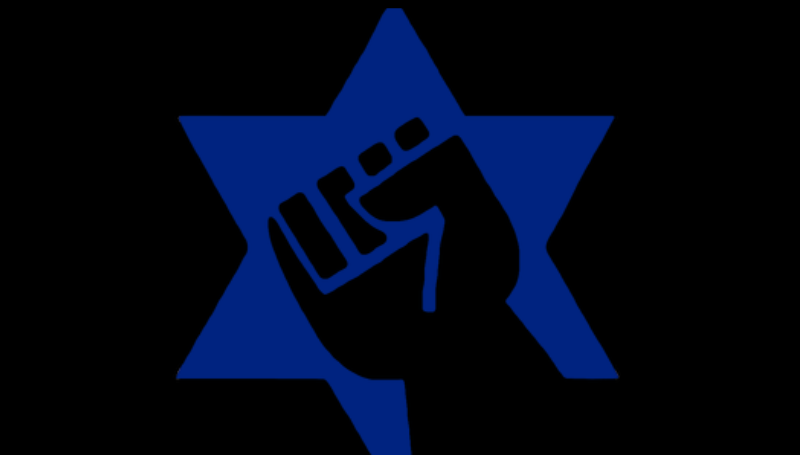Shaul Maggid
Tablet, Oct. 12, 2021
“Like any true American, Kahane could not escape the question of anti-Black racism. Nor did he try.”
Introduction: Why Kahane?
In the early spring of 2018 I was attending a bat mitzvah in a Jewish suburb of a major American city. The bat mitzvah was at a large Modern Orthodox synagogue. During the Shabbat-day festive meal I was waiting on line at the buffet when I struck up a conversation with a professional-looking man, probably in his mid-fifties. He seemed educated, friendly, and not particularly ideological. He asked me what I did, and I told him that I was at the Center for Jewish History in New York on a research grant. He asked me what I was working on. When I told him I was writing a cultural biography of Meir Kahane, his eyes opened wide and he responded, “If you want my opinion, I agree with everything Kahane said. Everything he predicted came true. He just should have said it in a nicer way.” What was so striking to me about his response was its matter-of-factness—his willingness to make that statement to someone he barely knew as if it was uncontroversial. I was wearing a kippah, and as far as he knew, I was a member of the Modern Orthodox “club” that gave him license to voice his positive assessment of Kahane. As we moved on to the buffet I was struck by how Kahane seems on the one hand to be persona non grata in American Jewry, and yet on the other hand a figure whose presence remains ubiquitous, almost like part of the subconscious of a certain slice of American Judaism, especially Modern Orthodoxy.
More than half a century has passed since Meir Kahane founded the controversial Jewish Defense League (JDL) in New York in May 1968. The JDL was established as a response to the 1968 Ocean Hill-Brownsville school strike that crippled the New York City school system. The history is complicated, but suffice it to say that anti-Semitic pamphlets were distributed by some African American PTA members of the school district in part because the president of the United Federation of Teachers, Albert Shanker, was a Jew, and the district had a high percentage of white Jewish teachers among a student population that was over 90 percent black and Hispanic. In addition, liberal mayor John Lindsay, who sided with the teachers’ union and Shanker against the parents, was a longtime target for Kahane. Kahane disagreed with Lindsay’s liberalism and felt he was not acting in the interest of the Jews of the city.
Through the early 1970s, the JDL flourished, and chapters arose in many urban centers in America. The notion of Jewish pride and protecting vulnerable Jews against criminality struck a chord with a new generation of Jews and with older Jews who felt vulnerable in their neighborhoods. JDL activities also included arms smuggling across state lines and illegal transportation of materials to make explosives. They were followed closely by J. Edgar Hoover and the FBI, and by law enforcement. By 1975 the JDL had largely collapsed under local and federal indictments for arms smuggling and possession of explosives. Kahane, for his part, moved to Israel in September 1971 and founded a political party, KACH. After two failed attempts to be elected to the Knesset, he succeeded in 1984. In 1986 KACH was labeled a racist party by the Knesset and Kahane was removed from his parliamentary post. The JDL in America continued without him but never really overcame its legal troubles. And without Kahane as the charismatic leader, it ultimately descended into little more than a street gang.
In Israel, Kahane continued his clandestine activities; by 1972 he had already spent time in Israeli jails. He was arrested over sixty times and found guilty of numerous offenses, including incitement to violence. His organization was labeled a terrorist group in Israel, and many of its members spent considerable time in American and Israeli prisons. Nevertheless, even in 2018, a middle-aged Modern Orthodox man at a buffet table might state matter-of-factly, to an almost total stranger, “I agree with everything Kahane said. Everything he predicted came true.” Many of the ideas Kahane professed continue to resonate today, even in more conventional or mainstream parts of American and Israeli Jewry.
To read full article click here


